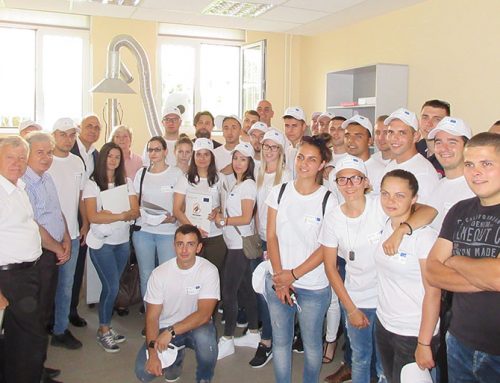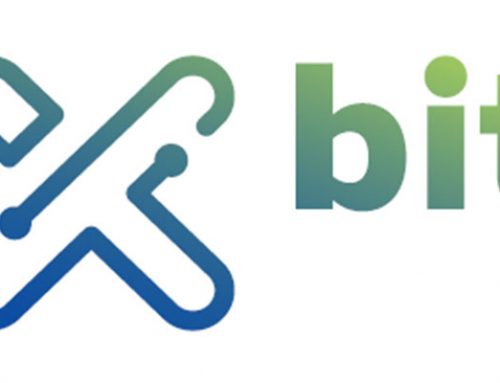Education is crucial for development of a society. That’s why we, the artists, have started projects IDEAL and Islands whose aim is to introduce drama pedagogy into the teaching process, says Ms Suncica Milosavljevic, creative director of the BAZAART organisation and laureate of prestigious regional award for development of drama education in the Western Balkans region. Ms Milosavljevic was awarded by the “Grozdanin kikot” International award for contribution to drama education for 2013. She emphasizes that, although the award is personalised, it is the recognition of the work of the whole organisation and its partners since 2011, through two EU funded projects.
The organization of artists from Serbia and the Western Balkans, BAZAART was created in 2002 and it aims at the development of contemporary performing arts and their dialogue with society through projects that foster inter-disciplinary research, art work and education in the field of performing arts.
PROJECT SECTOR : Education
PROJECT VALUE : €119,173.76
INSTRUMENT : Support to civil society IPA 2008
BENEFICIARY : Students; educators in schools and other educational organisations
DURATION : June 2011 – August 2012, December 2013 – July 2015
Justified acronym
IDEAL or Intercultural Drama Education And Learning project, financed through Support to Civil Society programme, was implemented throughout the country and involved teachers as well as their students. They were trained in intercultural learning through a creative drama process; trainings were organised in four Serbian cities – Belgrade, Zrenjanin, Nis and Smederevo. The project’s main objective was to educate teachers how to use intercultural learning in their work in order to develop and enhance tolerance and intercultural skills of their pupils. „Our approach was regional and in those four cities we gathered teachers from more than 20 towns. We trained them to implement creative drama in their work and in extracuricular activities. This is very important, because our teaching style, in Serbia, is still very directive while it must be based on dialogue and as such be a preparation for life in a democratic society“, explains Ms Milosavljevic. Young people became involved in drama education through creative process; six theatre plays have been created by programme participants and performed on 21 occasions, attracting audience of over 6,000. The results of the IDEAL project go further and justify the accronym: two manuals promoting intercultural learning in education were produced and four debates on education organised.
However, in the BAZAART they were not satisfied with results of an analysis showing that 52% of teachers know about drama education posibillities and decided to launch a new project. In the continuation, the new project Islands has started in December 2013, again with the support of the EU programme Support to civil society. The project should last until July 2015. “Creative drama approach is educational method par excellence; this is contemporary educational approach that is in line with European experiences. In that way, we are supporting the reform of education system in Serbia”, Ms Milosavljevic emphasised.
The main idea of Islands project is to connect important actors in education and in drama art in Serbia – civil society, schools, teachers, artists, decision makers, with the aim to empower teachers as one of pillars in education and to modernise curricular activities.
Within Islands project, Local Teachers’ Resource Centre (LOTREC) was created in each of four cities – Belgrade, Zrenjanin, Smederevo and Nis, where seminars, workshops, public debates and different types of training will be held for some 500-600 teachers and participants in education process, during three school semesters. This time, participants in the projects will be students from Faculties of Philosophy in Belgrade and Nis and Colleges of vocational pedagogy studies in Vrsac and Pirot. Finally, project envisages that association of artist involved in drama education should be formed, as another “island” to be connected with other stakeholders in the process of education system improvement.
RESULTS
- 200 teachers and drama pedagogues trained
- 88 youth involved in drama educations
- Six theatre plays created and preformed
- Two manuals printed




